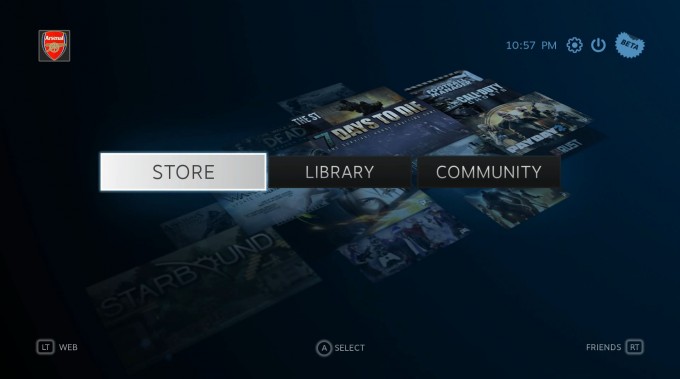Herman Cain
Banned
Are you actually saying here that the SNES was popular based on first party casual titles alone, and third parties didn't really get a look in?
While you're accusing other people of revisionist history?
.
Did you even read the latter half of the post you quoted where I clearly didn't say that and said the exact opposite?
Did you actually read my comment?
literally just quoted Opiate saying FFVIII is a cinematic style games did you see it?
It's not just the tone; it's also your absolute conviction of your correctness. You really should not be so sure of your own correctness.
Well if I come across like that then let's just agree to disagree then. Because Im not trying to come across like that.


